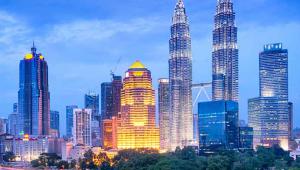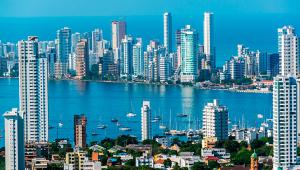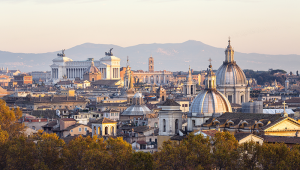The OECD Framework for Policy Action on Inclusive Growth was launched at the OECD Forum in Paris today. It warned that focusing only on economic growth – and not investing in services – has “left people from poor and middle-class backgrounds behind”.
Gabriela Ramos, chief of staff and G20 counsellor to the OECD secretary-general, said governments play a key role in making the right decisions to ensure that growth is inclusive and sustainable.
This includes investing in the right areas, such as infrastructure, healthcare and childcare, and in places that have otherwise not benefited from global economic growth, which is now at the level it was before the 2008 financial crisis.
“It’s vital that countries progress in their efforts to transform economic growth into improved living standards for all,” Ramos said.
“We need to help the poorest in society achieve their full potential, and ensure that governments have the tools to deliver.”
The framework comes as inequalities in income, wealth and opportunities have reached their highest levels for 30 years in many OECD countries, despite the recent economic upswing.
To combat this, public authorities should invest more and understand how policies such as healthcare, transport, childcare, education, housing and infrastructure are aligned, the OECD said.
Governments must also ensure fair reallocation of labour, capital and natural resources within and across regions, it said.
The report called for governments to be more “efficient and stronger” and use the global economic upturn to enact structural reforms that put people first.
Ramos said finance ministers needed to think about equality and to “put people at the centre” of growth plans.
The framework includes 24 inclusive growth indicators to help governments draw on international best practice, identify their own issues to work on and ensure inclusive growth agenda work in tandem with the UN’s Sustainable Development Goals.
This would help drive economic growth by allowing citizens to “play a stronger role”, the OECD said.
If wealth were distributed more equally, more people would be able to pay into the economy, it added.







